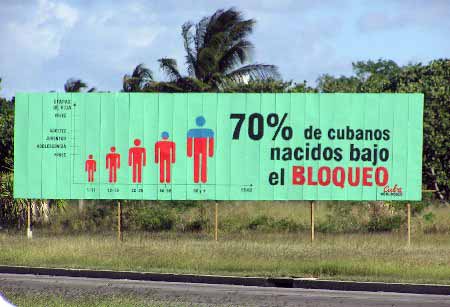US, MSM Cry Wolf Over Venezuela (Again)

The news of Hugo Chavez receiving "unprecedented" "free reign" over Venezuela (from the two AP headlines today) is obviously a significant moment for Venezuela.
However, with the hysteria Chavez is causing around the world, you would think more than ONE press article out of 16,000 on Google have thought important to mention a basic fact: That the Constitutional granting of decree power by the legislature is by no way unique to Hugo Chavez in Venezuela. It has been used in each of the last 3 decades, except by US friendly presidents.
I agree with those on the right who have said there is no political reason for Chavez to be taking this step (as his allies control most everything). But that is to assume that quickness and efficiency count for nothing in the lives of the millions that can be touched by an active, responsive government. However, as someone who believes in deliberation and participation, I don't know that I am convinced of the wisdom, but will withhold judgment until I see what this 18 months produces.
Bush's comment in response to the events was some seriously hilarious bullshit. "My worry, of course, is that the nationalization of industry will make it harder for the Venezuelan people to be lifted out of poverty, will make it harder for the people to realize their full potential."
Are Bush's people so unaware that poor people are moving closer to realizing their potential in Venezuela faster than anywhere else in the Americas? Do they really think people in Latin America listening to this are so ignorant as to believe Bush gives a damn about poor people?
Later new #2 at State Dept. John (Iran-Contra) Negroponte chimed in and expressed his concern about the Venezuelan "threat to democracy" - mentioning Bolivia "and others." You can tell Chavez was waiting for Negroponte to open his mouth, as he unloaded on the hypocrisy of being lectured by the guy who engineered illegal terrorist wars against governments in Central America during our first war on/of terror.
The Venezuelan press showed all the class of a hooker as it compared the situation to Stalinism, Nazism and declaring the beginning of the end of their democracy. The "liberal" Tal Cual splashed their headline with "Heil Hugo," equating the enabling law with powers granted to Hitler. El Universal proclaimed the beginning of a Communist dictatorship.
But the overstatement of the day may belong to Rush Limbaugh said with a straight face that the reason the people support Chavez is that if you don't you "die, or get thrown in prisons designed by Fidel Castro. Hugo Chavez is a dictator...." Yup



























